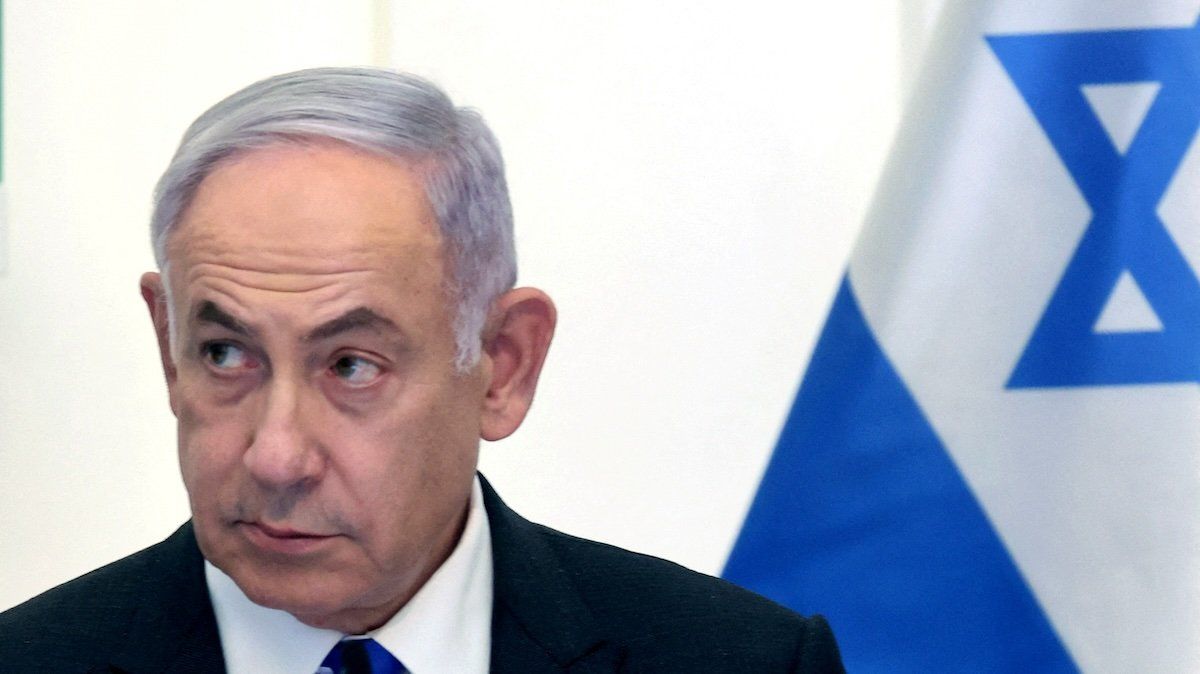The White House is scratching its head after Israeli Prime Minister Benjamin Netanyahu, in a video published Tuesday, accused the Biden administration of “withholding weapons and ammunitions” from the Jewish state over “the past few months.”
“We genuinely do not know what he is talking about. We just don't,” White House Press Secretary Karine Jean-Pierresaid in response to Netanyahu’s comments.
The reality. The US has withheld just one shipment of bombs to Israel since its war with Hamas began in October. Meanwhile, the US has sent billions worth of arms to Israel, which has led to criticism of President Joe Biden by young voters and progressives in Washington.
Bibi’s rationale. It’s unclear why Netanyahu would bite the hand that feeds him. Is it possible he’s laying the foundations for a political attack to try and undermine Biden in the runup to November’s election? Donald Trump, after all, instituted policies as president that aligned with Netanyahu’s agenda, such as moving the US embassy to Jerusalem.
Alternatively, Netanyahu may just be trying to draw attention away from Israel’s prosecution of the war in Gaza, especially in light of a new UN report saying Israel “may have repeatedly violated fundamental principles of the laws of war” in its bombing of densely populated areas of Gaza.
In the days ahead, we’ll be watching to see whether Netanyahu’s comments lead to any changes in the Biden administration’s policy toward Israel.
